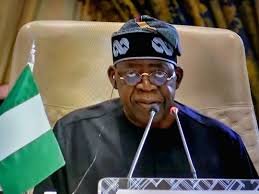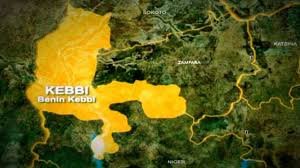The Federal Executive Council (FEC) has endorsed a N47.9 trillion budget proposal for the 2025 fiscal year, marking a significant increase from the N35 trillion budget of 2024.
Minister of Budget and Economic Planning, Atiku Bagudu, made this announcement on Thursday following the FEC meeting presided over by President Bola Tinubu.
The council simultaneously approved the 2025-2027 Medium Term Expenditure Framework (MTEF).
“The government has established key economic parameters for the 2025 fiscal year, setting the crude oil benchmark at $75 per barrel with a projected oil production of 2.06 million barrels per day,” Bagudu stated during his address to journalists.
The minister further revealed that “the exchange rate has been pegged at N1,400 per dollar, while the government is targeting an ambitious gross domestic product (GDP) growth rate of 6.4 per cent.”
This development follows recent action by the House of Representatives, which urged the Executive to ensure timely submission of the 2025 budget and MTEF.
This directive emerged from a motion presented by Clement Jimbo (APC, Akwa Ibom), with lawmakers emphasizing the need for adequate time to thoroughly examine the budget proposal.
The timing of this budget preparation appears to be influenced by experiences from the previous year, when President Tinubu submitted the 2024 budget to the National Assembly on November 29, 2023. While that budget received approval within 30 days, it faced controversy due to allegations of budget padding by National Assembly members.
The ambitious 2025 proposal raises questions about the feasibility of meeting certain parameters, particularly the oil production target.
Current reports indicate Nigeria’s oil production stands at approximately 1.8 million barrels per day, creating a notable gap between current output and the projected 2.06 million barrels per day target.
This substantial increase in the budget proposal, rising from N35 trillion in 2024 to N47.9 trillion for 2025, represents one of the largest year-on-year increases in Nigeria’s budgetary history.

























